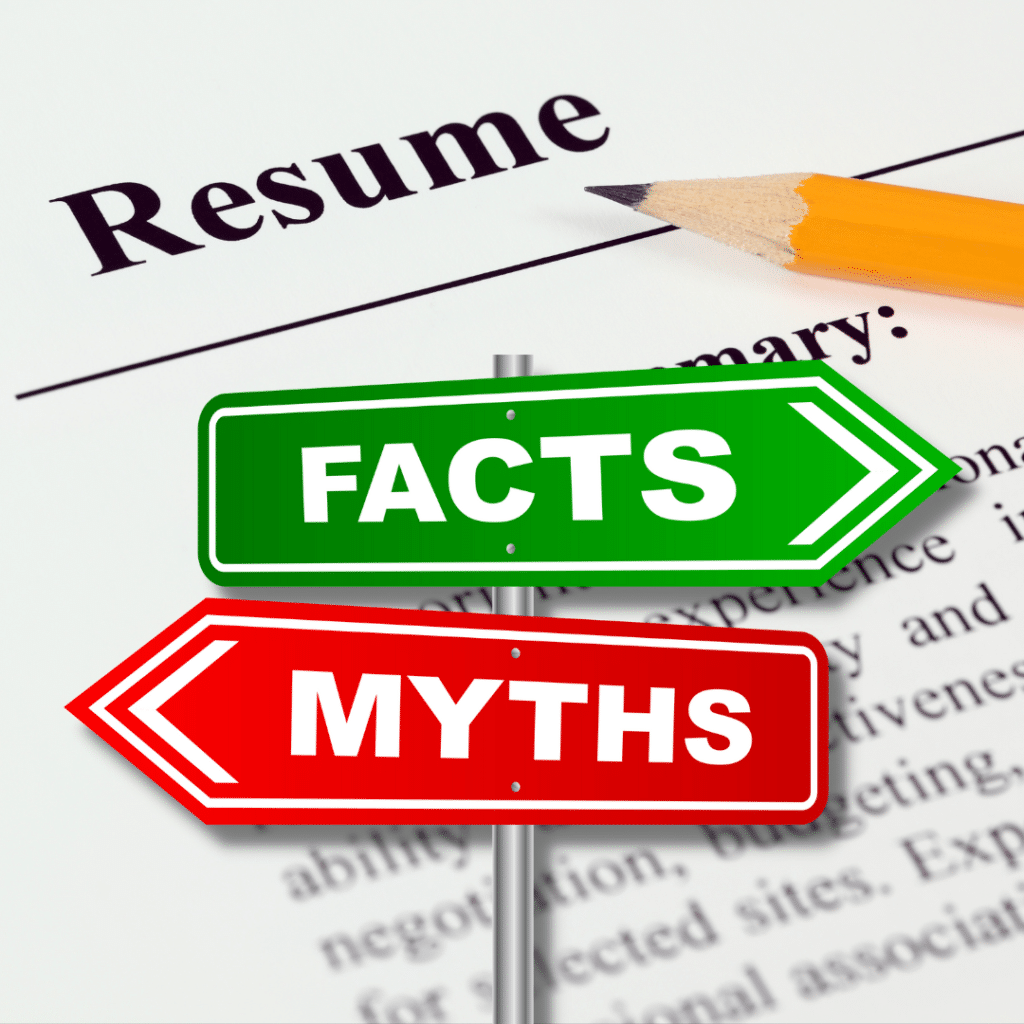MYTH: Job postings represent real jobs. Job postings on USAJOBS do not always represent a specific opening. It is critical to read the fine print; you can recognize such jobs when you see language such as: This Public Notice will serve as a resume repository – positions may or may not be filled from this announcement. This is also true of private sector job postings. According to ResumeBuilder, 40% of companies admit to posting fake jobs on job boards in 2024.
MYTH: USAJOBS is an Applicant Tracking Software. USAJOBS is not an ATS; it is a system to collect applications for positions and then forward those applications to the hiring Human Resources office. Real Human Resources personnel read the resumes of qualified applicants.
MYTH: If I know I can do a job, I should apply. You should read the job qualifications; if you don’t have what they’re looking for in terms of skills, education, or number of years of experience, just “knowing” you can do the job is generally not enough. You’ll be competing against people who have all of the qualifications.
MYTH: My resume should reflect everything I have ever done. Most resumes these days only go back 10 years or so. I promise that no one cares what you did in the 1970’s or 80’s. And think about it, who would you rather hire? Someone who is doing it now or someone who hasn’t done in 20 or 30 years?
MYTH: Getting a job is quick. While it is possible to get the first job you apply for, it isn’t that likely. The ease of online applying means that hundreds if not thousands of applications are received for every posting.
MYTH: I can talk my way into a remote job, even if the posting says otherwise. Federal postings clearly articulate whether a job is remote or not; if it’s not listed as remote, do not count on being able to talk the hiring manager into making the job remote just for you (absent a reasonable accommodation). The private sector side has more flexibility but if the posting is specific about how many days per week you are expected to be in an office, believer them. At least until after you have proven yourself.
MYTH: I only need one resume. At a minimum, your resume needs to be tweaked for key words with each application. There is no such thing as a standardized generic resume anymore.
MYTH (sometimes): I need a cover letter. If you’re applying for a federal job and the posting does not require a cover letter, I recommend not providing one. If you’re targeting the private sector then yes, it is considered customary to include one. If you do write a cover letter it needs to be targeted toward the job you’re applying for, use key words, and clearly articulate your qualifications vis-a-vis the job.
These are just a few of the myths that exist about job search. What would you add?


